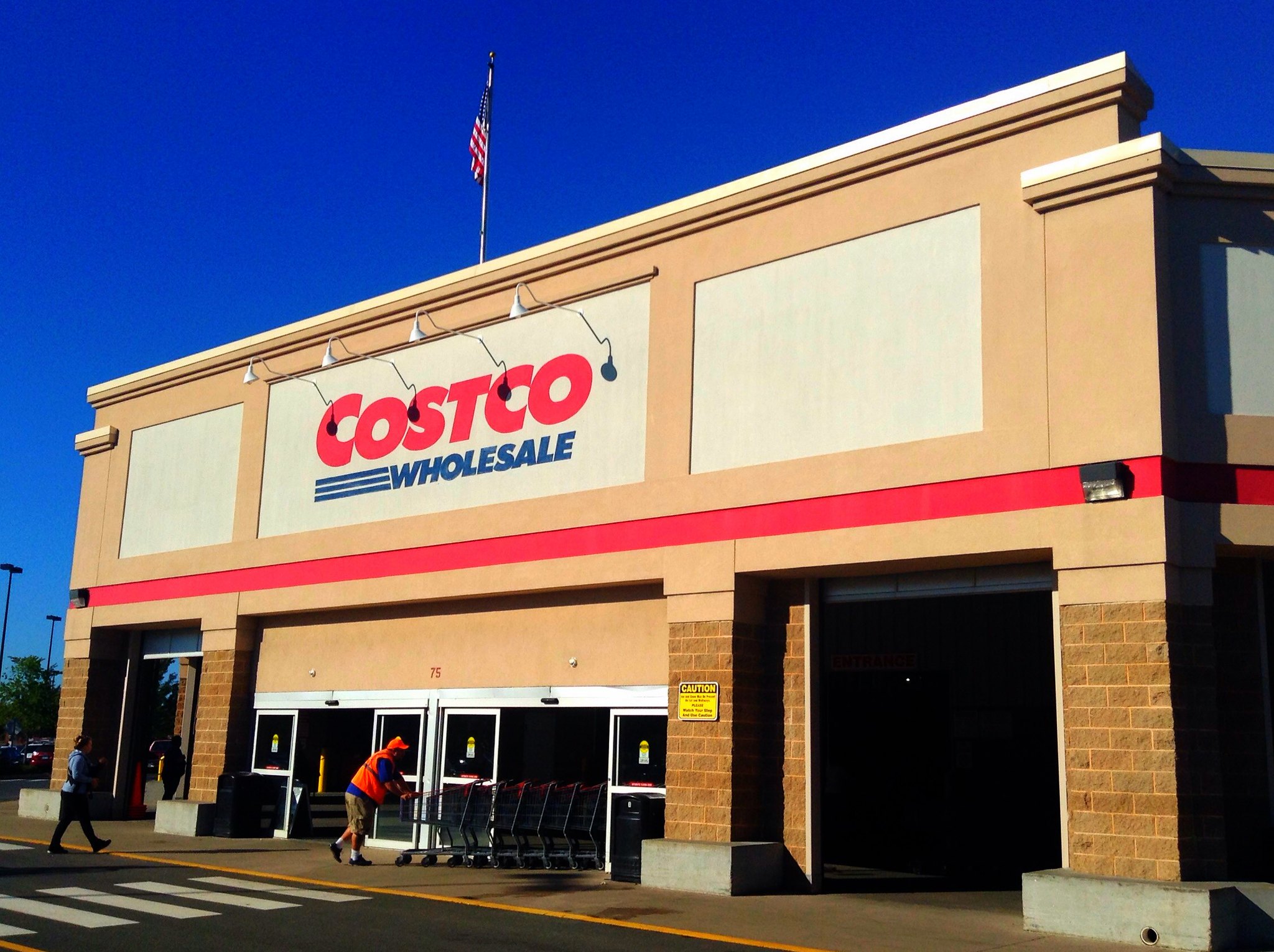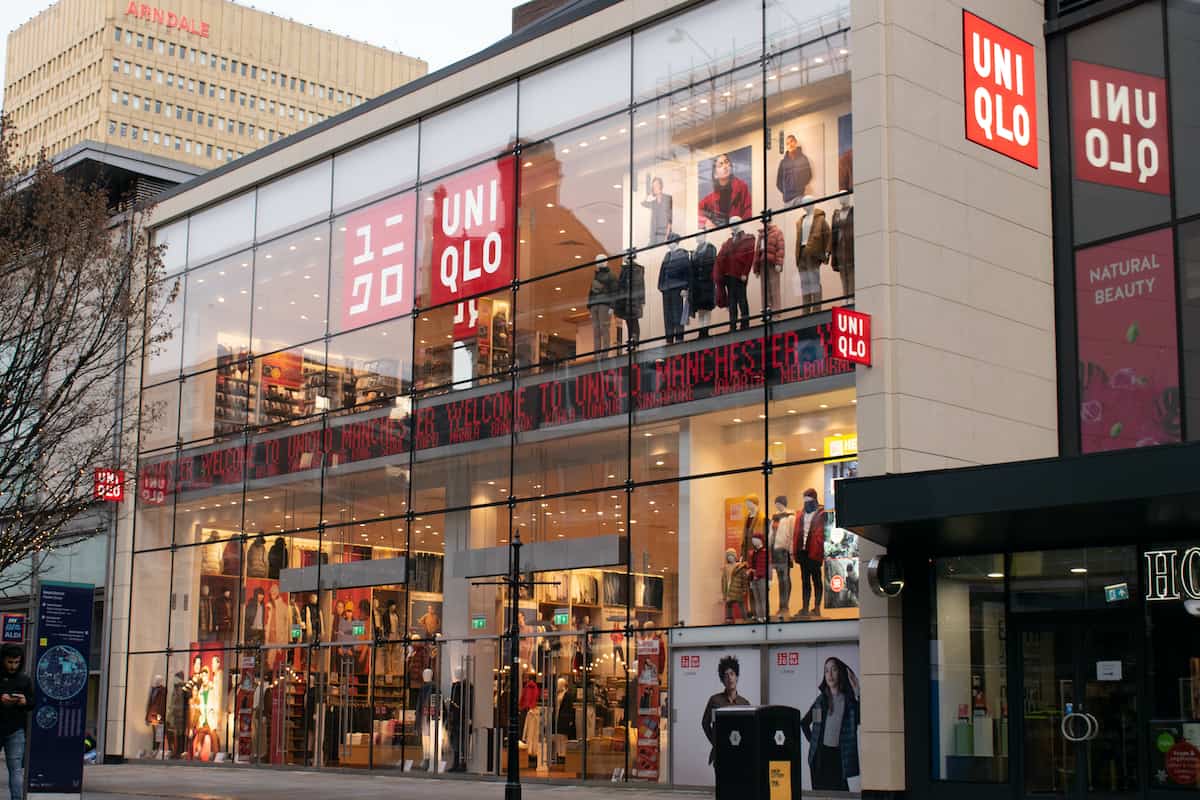We’re reporting on the effect of the Covid-19 coronavirus pandemic on the way UK shoppers buy – and on how retailers are responding to that changing behaviour. This update comes as, as of 9am on April 23, 138,078 people have tested positive for coronavirus and 18,738 people have died. Over the previous day, 4,583 people tested positive out of 23,560 tested, and 616 people died.
Ingka Centres says shopper confidence is recovering fast as it reopens first malls
Ingka Centres, part of the Ingka Group that owns Ikea, says it has opened all three of its shopping malls in China while its Luv Shopping mall in Lübeck, Germany, has become the first of its European shopping centres to reopen.
Early figures from its Livat Centres in Wuxi and Beijing show footfall was down by more than two thirds over the first weekend of reopening, but that confidence has recovered fast. Visitors to the Wuxi centre are now at 80% of footfall at the same time last year. On the first day of its Wuhan centre reopening, under shorter operating hours, visitor numbers stood at 70% on a year earlier.
Ingka Centres currently operates 45 centres in 15 markets in Europe as well as in Russia and China. Those centres that have reopened have done so with clear signage around social distancing and hand washing. Restaurants have reopened to offer takeaways, while shops that could reduce their selling area to 800m sq have been able to open.
Gerard Groener, global managing director of Ingka Centres, said: “We were one of the first international businesses to encounter coronavirus. We witnessed first-hand how important it was to take action quickly. When Covid-19 came to our other markets in Europe and Russia, our experience in China meant we were better prepared than we otherwise might have been.
“We have now started re-open our Meeting Places in China and Europe after official advice confirmed it was safe to do so. To rebuild trust and confidence, we have temporarily introduced measures to encourage shoppers to adopt safer shopping behaviours.”
Ingka Centres has waived rent and service fees for its tenants, while also investing driving online traffic to its tenants’ websites and enabling retailers to share home delivery and click-and-collect services. It is also to invest €1.6m in community programmes to help bring local neighbourhoods together.
Ingka Centres has recently bought Kings Mall Shopping Centre in Hammersmith for redevelopment.
Studio trades well ahead of last year
Pureplay Studio says that it is trading well ahead of the same time last year, after ensuring that social distancing and hygiene measures are in place and that deliveries could be made safely.
It says demand is especially strong for toys, games, electricals, fitness and garden products.
“Given the external environment, we are taking a prudent and dynamic approach towards stock intake for the summer period, particularly on clothing, in order to de-risk the business in anticipation of a highly competitive marketplace once the lockdown for high-street retailers is eased,” the retail brand’s parent company Studio Retail said in a trading update today.
However, it expects that customers’ incomes will come under pressure and it will follow FCA guidance in relation to its credit sales. As yet, customer requests for forbearance have come to about 1% of its balances, though it says that this could increase, depending on how long the lockdown ends. Outside its warehouses, many staff are working from home. Those who cannot, or who are vulnerable, have been furloughed on full pay.
The retail group, which also runs an education business, says it has enough debt liquidity for near-term cashflow without needing to fall back on government funding.
ONS coronavirus round-up
In its weekly coronavirus round-up, the ONS said a just under a quarter (24%) of businesses had temporarily paused trading between March 23 and April 5, with those in arts and entertainment the most likely to have done so. More than a quarter (78%) of staff at those businesses were furloughed under the government’s Job Retention Scheme, while 14% of staff were on furlough at companies that were still trading.
IMRG: online sales continue to grow
Online sales were up by more than a third (37.4%) in the third week of April, compared to the same time last year according to IMRG figures. The figures, shared in the latest IMRG coronavirus webinar, show sales of clothing still slightly down on last year, while sales of electricals, home and garden, and health and beauty are still well ahead of last year, but declining compared to highs seen in recent weeks.
Analysis of 300 retailers over the pandemic also showed that 42% of retailers who usually offer next-day delivery have suspended the service, although 27% of the full are still offering it. Retailers who had suspended services have largely returned to selling online. Currently only nine are unable to trade, while that figure peaked in March at 19. The experience, said Andy Mulcahy of IMRG, seems to show that it is possible to go dark and then get back online “but warehouse staff have to feel safe”.
Shoppers say grocers are doing a good job in the pandemic
More than three quarters (78%) of shoppers say grocers are doing enough to look after their customers during the pandemic, according to a survey of 1,000 UK adults from the Institute of Customer Service. At the other end of the scale are utilities (64.4%) and insurance (66.3%) companies.
More than half of those questioned (55.9%) said keeping customers updated should be a top priority for companies, while 37% said they should listen to customer feedback.
Jo Causon, chief executive of The Institute of Customer Service, said: “In the face of enormous uncertainty and restrictions, customer service teams offer the public far more than simple transactions – they are a vital support service and for many brands, the key link with their customers. The importance of customer service has been thrust into the forefront by this crisis. I think the results reflect that brands may have been benefiting from a period of tolerance from customers, but this may diminish as time goes on.”
DPD staff donate to boost morale on wards
DPD has delivered 60,000 items to hospital wards across the UK as it looks to boost morale among staff and patients. It has created and sent out welfare packs and food and treat packs containing items donated by its staff to 160 NHS hospitals around the UK after palliative care nurse Nikitta Jones asked for help for patients on her ward at the Cynon Valley Hospital near Merthyr Tydfil. She wrote to DPD chief executive Dwain McDonald saying that as families were no longer allowed to visit wards, patients were no longer getting supplies and treats from home.
The items have been delivered as DPD has made thousands of extra deliveries for the NHS to hospitals, GP practices and more, delivering supplies including masks, gloves, and aprons. It has also worked with the 3DCrowd, a community of 3D printer owners who are using their machines to make face masks for the NHS in the face of shortages. DPD collects the component parts from volunteers and takes them, free-of-charge, to a central hub in Sheffield for assembly, and then takes them onwards to hospitals and other facilities.
DPD’s McDonald said: “I think everyone is united on this – we want to do all we can to help the NHS and we want them to know how much we appreciate what they are doing for us. We weren’t expecting this to become a nationwide initiative, but we have the infrastructure and a lot of great contacts at the NHS and when you combine that with a very generous bunch of people, incredible things can happen.”
Shipster software free for those sending out PPE
Shipster is making its software available for free to all those providing goods such as PPE and medical equipment. All of its clients have been offered extended payment terms.
Having more licences available for free means the companies can send goods out more quickly.
Tony Cheetham, mananging director of Shipster, said: “It’s a no brainer really, every company should be looking at what they can do and we’re very lucky to be able to continue trading in the current climate. We have seen an increased demand for shipping in goods such as medical supplies, PPE and food, so we made the easy decision to allow those clients to bump up their licenses as much as they want to with no added cost. This will hold for as long as the government’s lockdown period lasts, and possibly longer if needed.”
Image: Shutterstock








